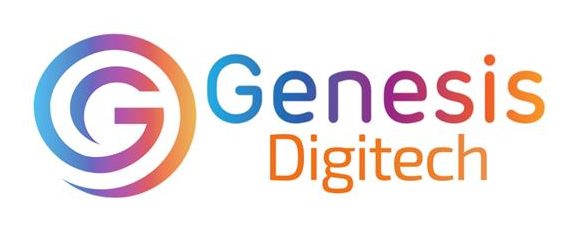AI, Cloud & Digital Transformation Experts | Genesis Digitech
- +44 20 4529 7897
- enquiries@genesisdigitech.com
- 7 Minerva Business Park Peterborough PE2 6FT
Unbeatable Applications, Flexible Functions, Guaranteed Outcomes
Native & Hybrid App Development
Empowering Businesses with Data-Driven Decisions
Which One To Choose?
Native App
Native App
Hybrid App
Hybrid App
Developed for a Specific Platform (Android, iOS, etc.):
Native apps are built exclusively for a particular operating system, such as Android or iOS. This focused approach ensures that the app is optimized to leverage the native features, tools, and design principles of the chosen platform, resulting in a superior and tailored user experience.
Developed for Cross-Platform Compatibility:
Hybrid apps are designed to run on multiple platforms, such as iOS and Android, using a single codebase. This approach reduces development time and costs while ensuring a consistent experience for users, regardless of their device.
Utilizes Platform-Specific Programming Languages:
Native app development employs languages specifically designed for the platform, such as Swift for iOS and Kotlin or Java for Android. This enables developers to fully exploit the platform’s capabilities, creating robust applications with smooth functionality and optimal performance.
Utilizes Web Technologies Within a Native Shell:
Hybrid apps combine web technologies like HTML, CSS, and JavaScript with native containers. This allows the app to access device features through plugins or APIs, making it versatile and adaptable while simplifying development.
Accesses a Full Range of Device Features and Performance:
Native apps can seamlessly integrate with device-specific hardware and software features, such as GPS, camera, accelerometer, and sensors. This integration ensures superior responsiveness and the ability to offer advanced functionalities that improve the user experience.
Limited Access to Advanced Device Features:
Unlike native apps, hybrid apps may have restricted access to certain device functionalities, which may limit their ability to provide a broad assortment of features or deliver the highest performance. However, they can still perform essential tasks effectively, catering to a broad audience with significant compromises.
Provides a Consistent and Familiar User Experience:
By adhering to platform-specific design guidelines and standards, native apps maintain consistency across all facets of the user interface and navigation. This consistency enhances usability and fosters familiarity, encouraging engagement and satisfaction.
Shorter Development Time and Lower Costs:
By using a single codebase for multiple platforms, hybrid development accelerates the release schedule and significantly reduces expenses. This is an attractive option for businesses and startups with limited resources or for those who prioritize faster delivery and cost-efficiency.
Separate Development for Each Platform:
Native app development requires creating distinct apps for each platform, such as separate versions for iOS and Android. While this embraces each platform’s strengths, it often results in higher development costs and timelines but allows for fully optimized for each platform, offering unmatched quality and performance.
Responsive and Adaptive Design:
Hybrid apps prioritize creating interfaces that adapt seamlessly to various screen sizes and devices. This ensures an engaging and user-friendly experience across platforms, maintaining consistency in design and functionality.
Why Do Businesses Need Genesis Digitech for Native and Hybrid Mobile Application Development?
Our team of experts possesses a comprehensive grasp of various platforms and technologies, positioning us as a premier mobile app development company. Diverse industries benefit from the expertise of our skilled developers in adopting viable technological strategies. Addressing the specific requirements of each enterprise, we deliver bespoke services at an affordable cost. Rely on our tailor-made approaches to enhance operational effectiveness. We uphold transparent communication protocols to ensure constant awareness of project advancements. Furthermore, we cultivate inclusivity and highly esteem your project recommendations.
We have a full-stack native mobile app development team for both Android and iOS. Cutting-edge technology is optimized to provide the highest quality iOS capabilities and Native app development framework.

